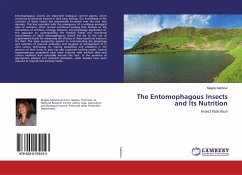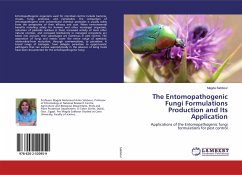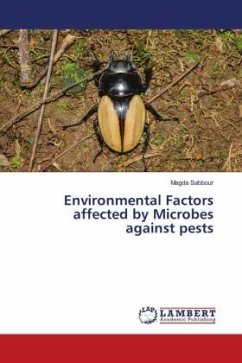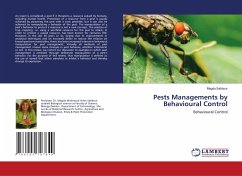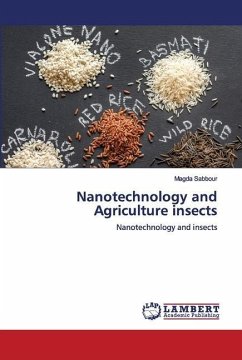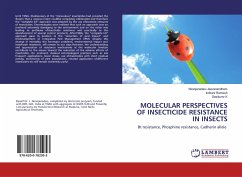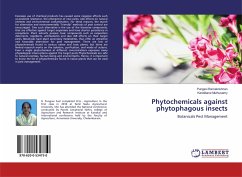Entomophagous insects are important biological control agents, which continues to stimulate interest in their basic biology. Our knowledge of the nutrition of these insects has dramatically increased over the past two decades. This has coincided with the emergence of a unifying ecological view of nutrition, often termed nutritional ecology that focuses on the interactions of nutrition, ecology, behavior, and physiology. Application of this approach to understanding the feeding habits and nutritional requirements of adult entomophagous insects has led to the use of supplemental foods for enhancing the efficacy of these beneficial insects in the field. The same perspective applied to understanding the physiology and nutrition of resource utilization and targeted at development of in vitro culture technology for rearing parasitoids and predators in the absence of their hosts or prey has also produced exciting results. Several hymenopterous parasitoids have been cultured with artificial diets and culture methods that essentially exclude the host. In the presence of appropriate physical and chemical stimulants, adult females have been induced to oviposit into artificial media.

